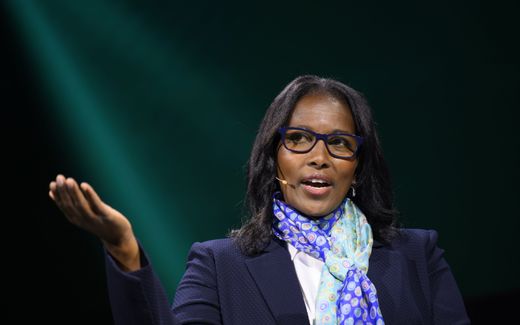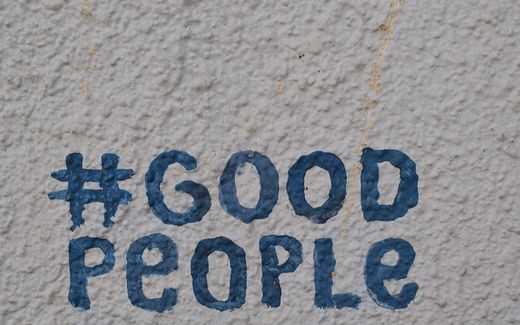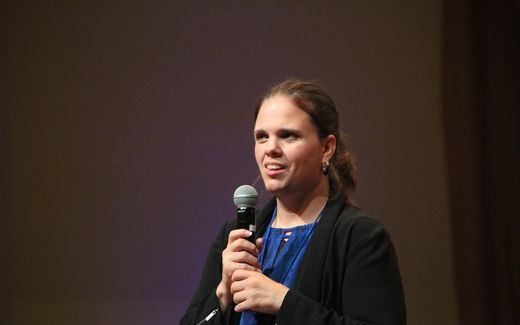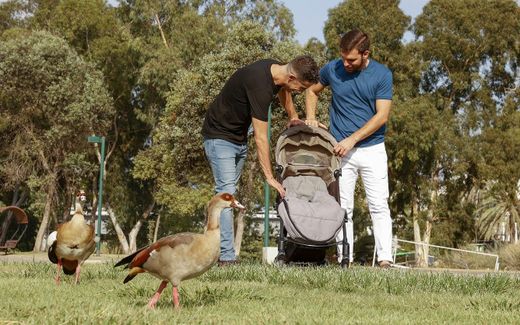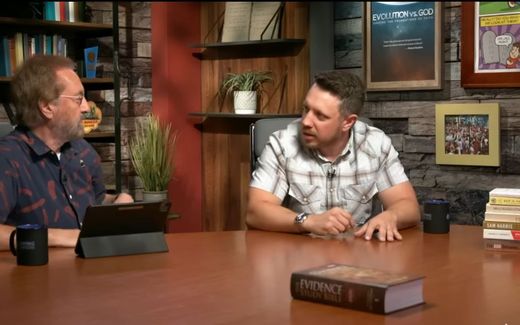Ayaan’s conversion shows the emptiness of the secular rule of law
17-11-2023
Opinion
Diederik van Dijk
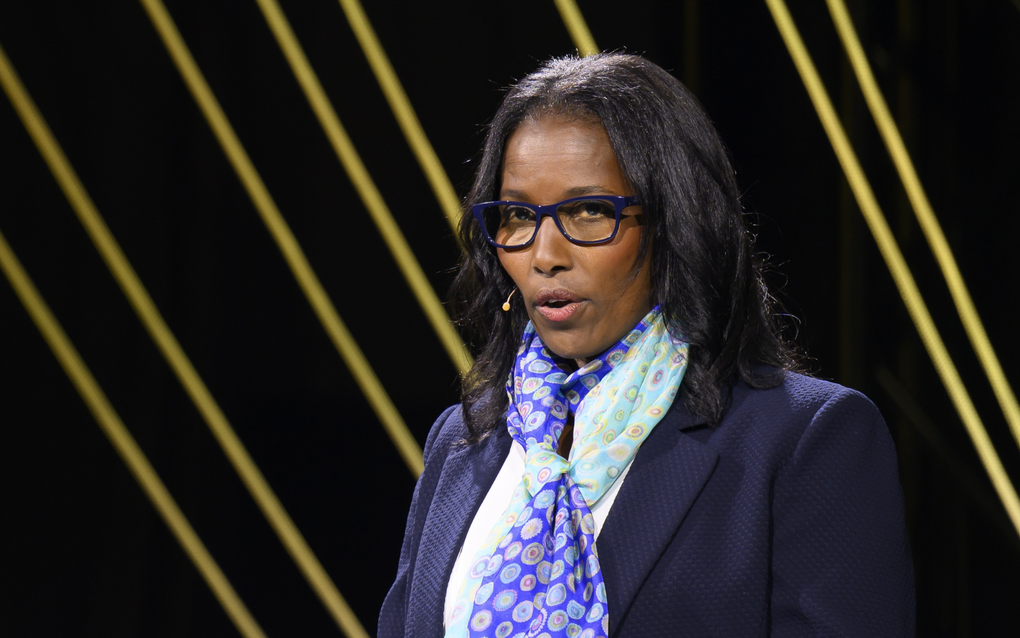
Ayaan Hirsi Ali was born a Muslim in Somali. She turned atheist after she had fled to the Netherlands. Now, she says she has converted to Christianity. Photo EPA, Anthony Anex
Opinion
The well-known Ayaan Hirsi Ali has become a Christian. She considers atheism unbearably empty. In her view, the Christian tradition is needed to form a resilient civilisation. An extraordinary insight!
I am reminded of the gipsy who showed up in the confession box. The priest did not trust him very much and asked if he could list God's commandments. “Well”, said the gipsy , "I once started to learn them by heart, but then I heard that they will soon be abolished."
This story is in José Ortéga y Gasset's classic, "The Revolt of the Masses". I once quoted this in the Dutch Senate about our democratic rule of law. How hollow is a debate on this if the presuppositions behind the rule of law are not discussed? What are the pillars under the democratic rule of law?
This does not go primarily about the level of court fees, the number of courts, subsidised legal aid or procedures. It is about the question which people should shape that rule of law. How do they stand in life, with what values and ideals? What upbringing did they receive? What moral compass do they know?
That gipsy tells of the abolition of God's commandments. That is what has happened in Western Europe in recent decades. People have said goodbye to Christian norms and values. Not because something better presented itself. Tried and tested values have been pushed back without any other morality appearing on the horizon.
This led to much relief, they said. Away with the authority of the church. Away with all those obligations and prescribed norms. That relief is sometimes quite understandable. Although, the Dutch former politician Hans Hillen rightly writes in his book "God vergeten" (Forgetting God) that the government has now made more rules than the church ever had. In that sense, the freedom-seeking citizen is in for a rude awakening.
Now that the phase of relief is behind them, secular politicians may well be asked the question: where to go from here? Today's morality is negative. The mirror image of the original Christian morality. Opposites have replaced remnants that recall the Christian past. Think of the protection of life, the protection of what is sacred, marriage or sexual morality.
Even a reference to the undeniably Christian past in the draft EU Constitution was taboo. We focused on a new culture that seems magnificent but has no roots. Indeed, this anti-Christian culture parasitises on the old civilisation that is simultaneously rejected. How long can this go on?
Few duties
Gasset writes about the revolt of the masses against the cultural, political and moral standards of the past. These masses are not wild hordes. They are citizens who do not want to conform to any particular morality. They are people who demand numerous rights but want few obligations. They have no faith in any god or higher authority outside themselves. No reverence for history or tried and tested institutions. A desire for freedom and equality drives them. However, they are so free and unfettered that they feel empty. They are masters of all things but not masters of themselves.
Gasset predicts, in those ominous 1930s, what the emptiness of mass man will lead to: "Soon an overwhelming cry will rise up, begging for something or someone to take charge, who can impose a task, occupation or obligation." It proved prophetic.
The classics already teach that a democracy (the people rule) can turn into an ochlocracy (the masses rule), where society is ruled by the mass man and chaos looms on the horizon. The call for binding referendums is a telling sign, as is the addiction of characterless politicians to opinion polls. Apparently, such representatives of the people consider themselves incapable of representing that people. Otherwise, a referendum, for example, would not be necessary. Gasset warns of the advent of hyper-democracy and of politicians who promise all sorts of things without delivering. It is only a small step before the call is made for a truly strong man.
What moral code does our rule of law carry? A few years ago, then Chancellor Merkel called on Germans to go to church and read the Bible more often. What a good advice! Because if our rule of law is threatened –from within or by a radical (Islamic) ideology from outside– what unifying and inspiring influence can be exerted by the secular ideal of life that finds its highest values in free sexual morality, killing unborn children as a human right and an unlimited right to insult?
Diederik van Dijk has been a member of the Dutch Senate. At the moment, he is a candidate for the Reformed SGP party in the general elections of November 22, 2023.
Related Articles

